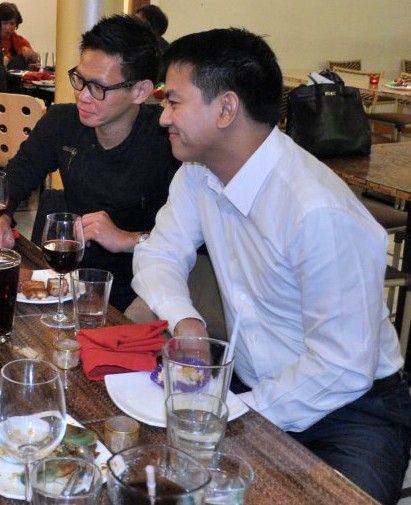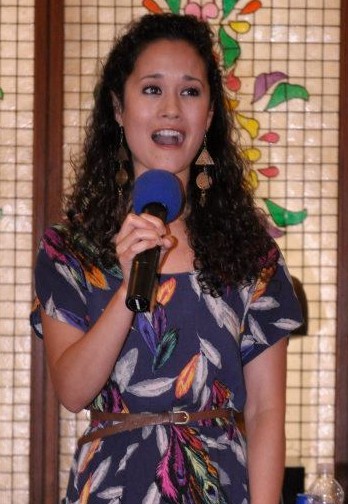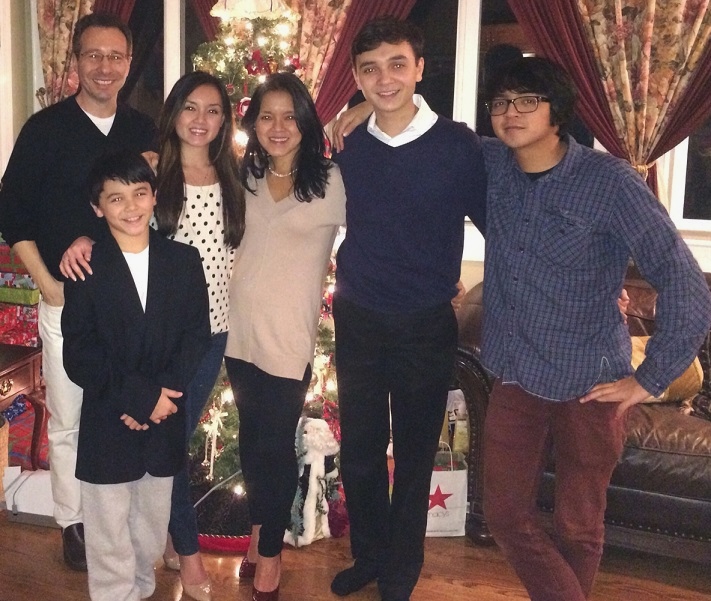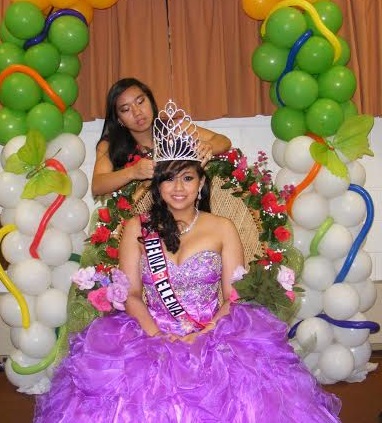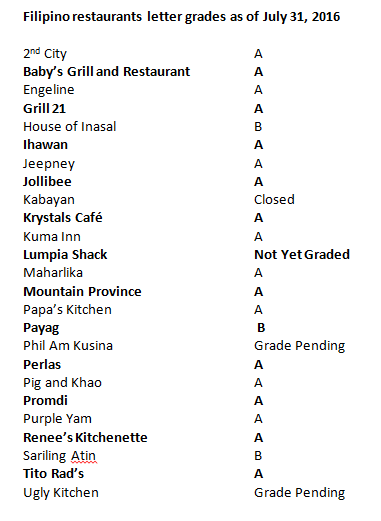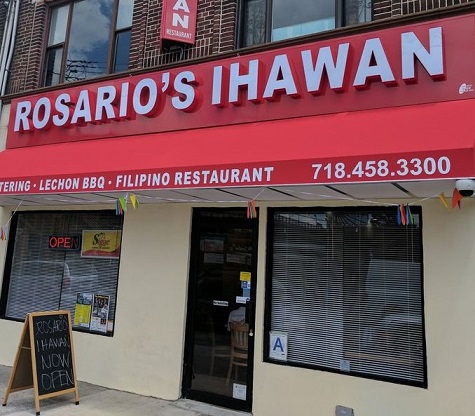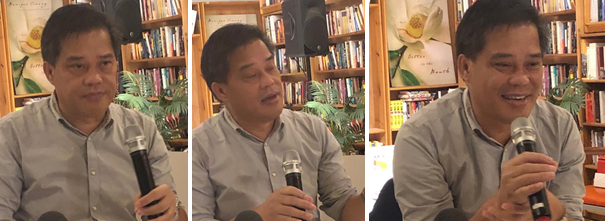HRW’s Carlos Conde sees a Philippines spinning out of control
By Cristina DC PastorIt sounded like an echo of the 1980s, when the Philippines was a bleak, depressing nation of murders, human rights abuses, and political opportunism.
That’s what Human Rights Watch researcher Carlos Conde’s assessment sounded when he spoke before a Kapihan forum organized by the Fil-Am Press Club. In that gathering held at the Asian American Writers Workshop, he said some Philippine officials, instead of denouncing President Rodrigo Duterte’s horrendous human rights tactic, are aping him.
“There are mini-Dutertes all over,” he said.
Conde also said:
• Drug war killings haven’t stopped, and they’re happening all over;
• The Makati Business Club has no backbone to speak on the killings;
• There is an epidemic of “guns for hire;”
• The political opposition is in disarray;
• The arrest of Rappler publisher Maria Ressa has a chilling effect on the press;
• The judicial system is dysfunctional.
The New York-based Human Rights Watch has said Duterte’s drug war has resulted in the killing of an estimated 12,000 drug suspects as of 2018. The number is rising but is “hard to verify” because the killings are happening all over the country and “people have stopped counting.” The Philippine Human Rights Commission, which is supposed to monitor the murders is “underresourced” and has no access to police reports, he said.
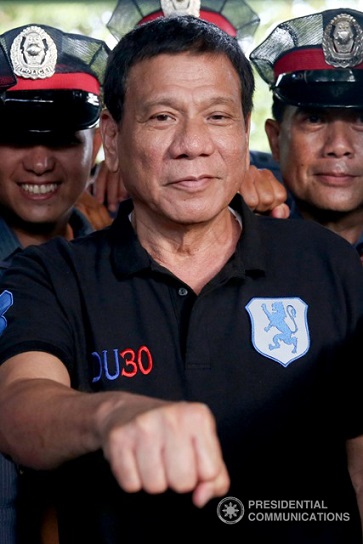
Some local officials are imitating Duterte’s authoritarian style, fostering a climate of fear and intimidation, says Conde. Photo: Wikimedia Commons
Conde noted with alarm how some local politicians are following the Duterte playbook just to be able to stay in office.
“There is a climate of intimidation, harassment and fear,” he said.
He expressed dismay that the political opposition has not even shown its support for Senator Leila de Lima, who has been in jail for more than two years now. She was imprisoned supposedly for her connection to an underground drug dealing syndicate when she was Justice secretary. She maintained she is being persecuted for being a vocal critic of Duterte’s dismal human rights record from his time as the feared mayor of Davao City.
Said Conde, “The political opposition doesn’t have the kind of voice expected of them. They are not voicing concerns about Leila de Lima. The opposition is non-existent as far as De Lima is concerned.”
He said the Duterte government is determined to silence the press, and the arrest of Rappler’s Ressa over a libel law applied arbitrarily “is used as an example.”
“She’s being singled out, targeted,” he said.
He said the definition of libel is now being interpreted arbitrarily such that something published in 1851 and republished today may make libel a “continuing offense.” Such, he added, is having a chilling effect on the press.
Despite the continuing harassment on Rappler over its ownership and so-called violation of the libel law, Conde is confident Rappler will persist and continue to publish.
“The role of the press is crucial,” he said.
© The FilAm 2019


